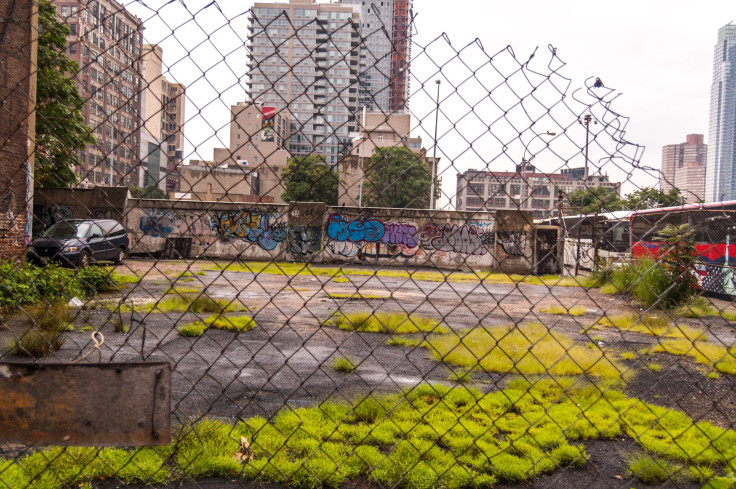People Living In Rougher Neighborhoods May Have Higher Risk Of Cellular Aging, Shortened Telomeres

It’s said that war and trauma can age a person, and a new study seems to attest to that. Researchers from the University of Pittsburgh discovered that the quality of neighborhood (rough, poor, wealthy, etc.) was linked to cellular aging. People who lived in neighborhoods with high crime, noise, and vandalism were found to be a decade older biologically than people who didn’t live in these neighborhoods.
“Our team examined whether these environments also have a direct impact on cellular health,” said Mijung Park, an assistant professor at the University of Pittsburgh School of Nursing and an author of the study, in the press release. “We found that indeed, biological aging processes could be influenced by socioeconomic conditions.”
Plenty has been studied on telomeres, the caps at the end of chromosomes that made up of DNA. Telomeres protect the DNA from being damaged, but they are also shortened as time goes on due to stress, unhealthy lifestyles, lack of exercise, and age. The shorter your telomeres get, the more you age — because at a certain point they get too short for DNA replication and cell division.
In the study, researchers examined some 2,902 Dutch participants in the Netherlands Study of Depression and Anxiety, paying close attention to their telomere length. They also studied the quality of the neighborhoods they lived in, by measuring the participants’ viewpoints on disorder, crime, and noise. Interestingly, the people who lived in rougher neighborhoods had shorter telomeres than people who didn’t.
The researchers believe that this equates to putting on about 12 biological years, even if your chronological age stays the same. “The differences in telomere length between the two groups were comparable to 12 years in chronological age,” Park said in the press release. “It’s possible that their cells are chronically activated in response to psychological and physiological stresses created by disadvantaged socioeconomic, political, and emotional circumstances.”
One recent study suggested that people who moved to poorer, low-income neighborhoods were more likely to gain weight than people who stayed in a safer, nicer neighborhood — possibly due to the food deserts that exist in these areas. And yet another study out of Lund University in Sweden and Stanford University found that poorer neighborhoods with little to no access to good food and nutrition resulted in a higher risk of mental health problems in kids.
Source: Park M, Verhoeven J, Cuijpers P, Reynolds C, Penninx B. Where You Live May Make You Old: The Association between Perceived Poor Neighborhood Quality and Leukocyte Telomere Length. PLOS One, 2015.



























